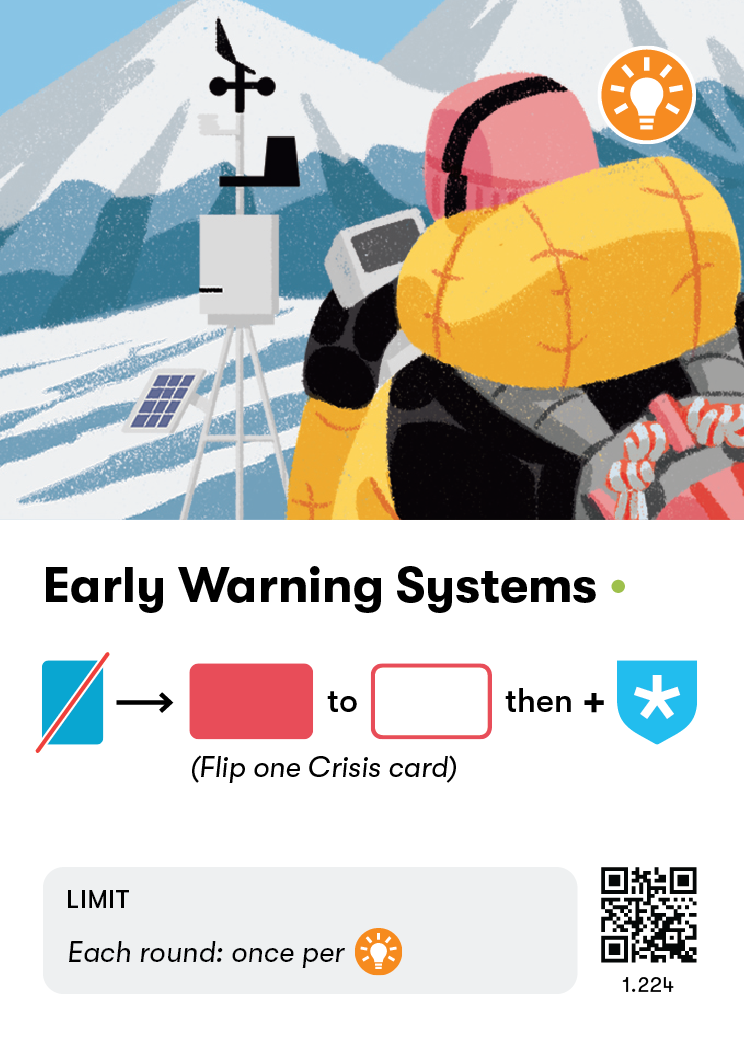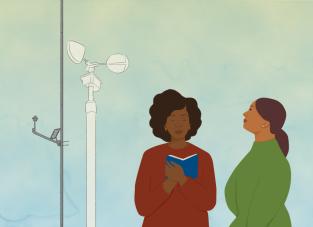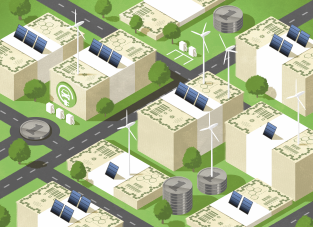Early Warning Systems
Local Project
Early warning systems refer to mechanisms, often involving technologies like sensors and radar, that signal impending hazardous events, like heat waves and storms. These systems are an important part of disaster risk reduction as they give people and services more time to prepare for and react to a disaster event.
These systems can dramatically reduce the impacts of climate-related disasters, especially in countries with less infrastructure to protect them from shocks and stresses. For example, Bangladesh began heavily investing in early warning systems after Cyclone Bhola struck the country in 1970, killing 300,000 people. Their subsequent adaptation efforts have significantly decreased the impact of major cyclones, with Cyclone Fani causing just 5 deaths in the country in 2019.
Communities in the Majority World, specifically those in regions more prone to disasters and which have less economic resilience to shocks, are often the most at risk from climate disasters, meaning setting up early warning systems in these regions is particularly critical. However, early warning systems require the involvement of communities most at risk from disasters to be effective, and many governments are inexperienced in working with these groups or are distrusted by them. Public awareness of disaster preparations and well-planned communication of alerts are also needed.
Sharing experience between countries and communities on how to best design and use early warning systems, as well as their benefits, could help increase their use. For example, research has found that, on average, each dollar invested in improving early warning systems produces nine dollars in economic benefits.
Discard 1 card from your hand, then flip one unknown Crisis card face up. Then add 1 Resilience token of your choice to your player board.
You may take this action once per Innovation tag in this card's stack each round.

Early warning system (Wikipedia)
Early Warning Systems (United Nations)
Adapt Now: A Global Call for Leadership on Climate Resilience (World Resources Institute, WRI)
Familiarize yourself with disaster preparedness protocols in your area.
Get involved with your community in making sure that early warning systems can best communicate life-saving information about natural disasters to people in your town or city.
Tackle injustice and hatred within communities, instead investing in strong local ties and relationships between people and services to build community resilience and cohesion.



